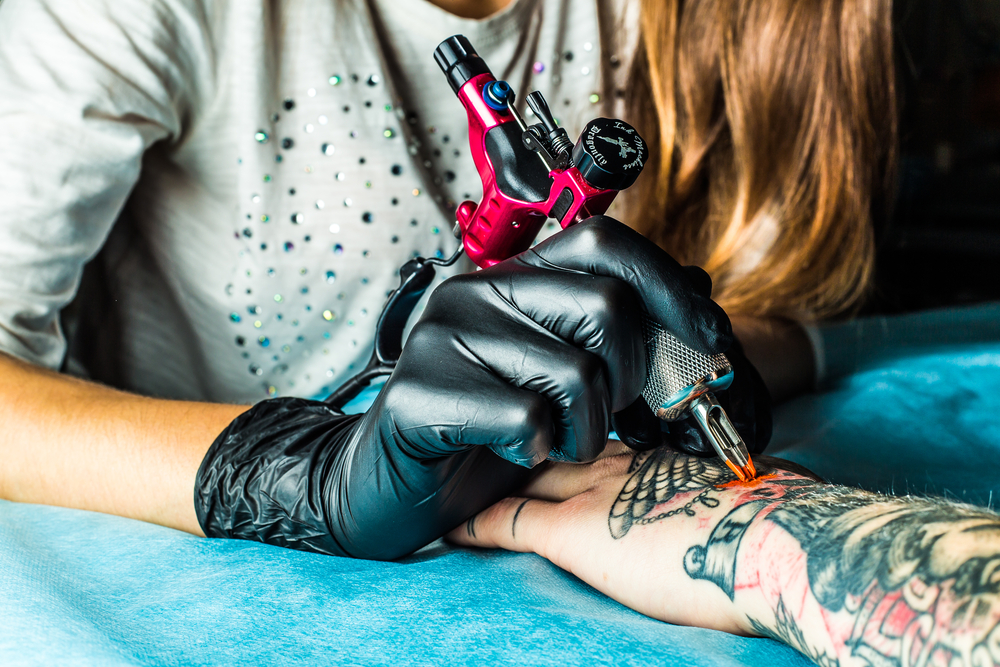
Study: Most Tattoo Inks Contain Potentially Harmful Unlisted Ingredients
Tattoos are more popular than ever in the United States, with about one-third of all Americans having at least one — including nearly half of those between the ages of 30 and 49.
While inked skin has largely lost any stigma it once carried, experts say there are some other risks associated with getting a tattoo.
A study recently published in the Analytical Chemistry journal determined that more than four-fifths of the tattoo inks tested were mislabeled and contained potentially harmful unlisted ingredients.
“Many of the adulterants pose possible allergic or other health risks,” the report confirmed. “Taken together, the results from this study highlight the potential for a significant issue around inaccurate tattoo ink labeling in the United States.”
Prior to 2022, tattoo ink was considered a cosmetic product and was not subject to regulation by the Food and Drug Administration. That changed when Congress passed the Modernization of Cosmetics Regulation Act, and the FDA has taken a more active role in holding ink manufacturers responsible for what is included in their products.
There were 18 recalls due to contamination between the years of 2003 and 2023.
Binghamton University assistant chemistry professor John Swierk issued a statement in light of the new study, acknowledging that the FDA is “still figuring out” what its regulatory oversight will entail, adding that the recently published findings should serve as a wake-up call for the industry.
“We’re hoping the manufacturers take this as an opportunity to re-evaluate their processes, and that artists and clients take this as an opportunity to push for better labeling and manufacturing,” he said.
Ever wonder what’s in a tattoo ink? Turns out lots of things that shouldn’t be there. Our latest in @an_chem finds that 90% of the tattoo inks we looked at had major discrepancies with the listed ingredients!!! 1/n
— John Swierk (@swierklab) February 23, 2024
Among the unlisted ingredients commonly found in the inks studied by researchers was polyethylene glycol, a chemical that has been linked to kidney failure. The study determined it was present in more than half of the samples. Some of the inks also included 2-phenoxyethanol, a type of antibiotic that can potentially cause kidney and nerve damage.
“Our goal in a lot of this research is to empower artists and their clients,” Swierk concluded. “Tattoo artists are serious professionals who have dedicated their lives to this craft, and they want the best possible outcomes for their clients. We’re trying to highlight that there are some deficiencies in manufacturing and labeling.”